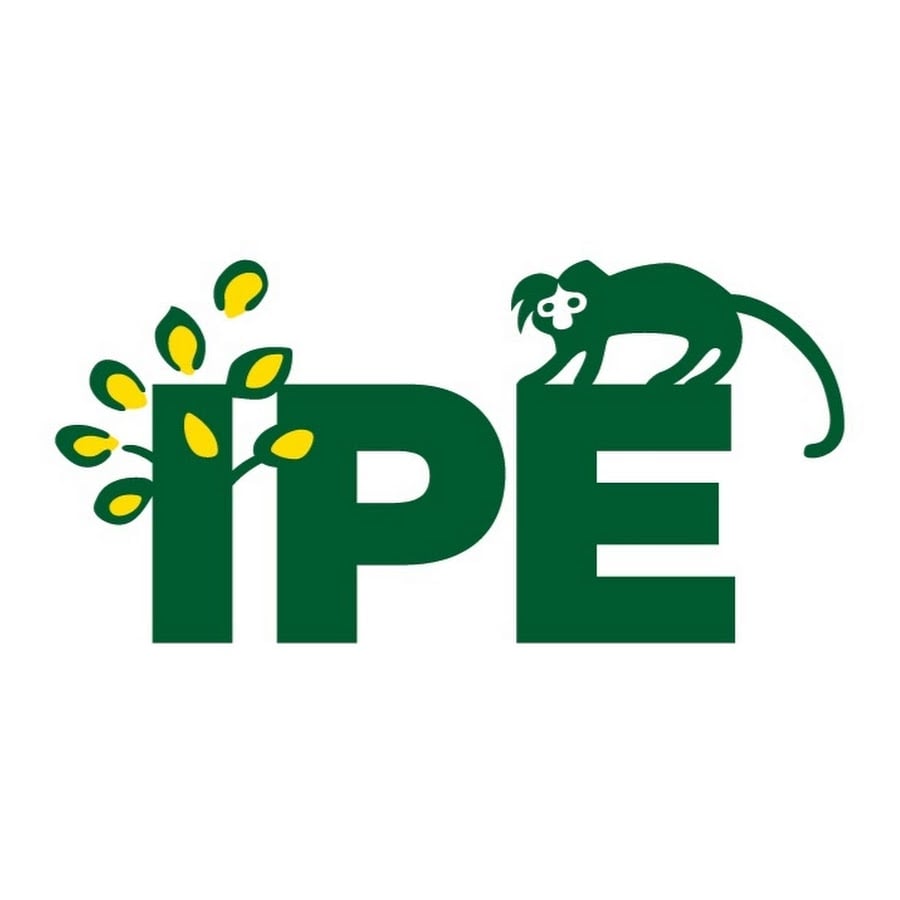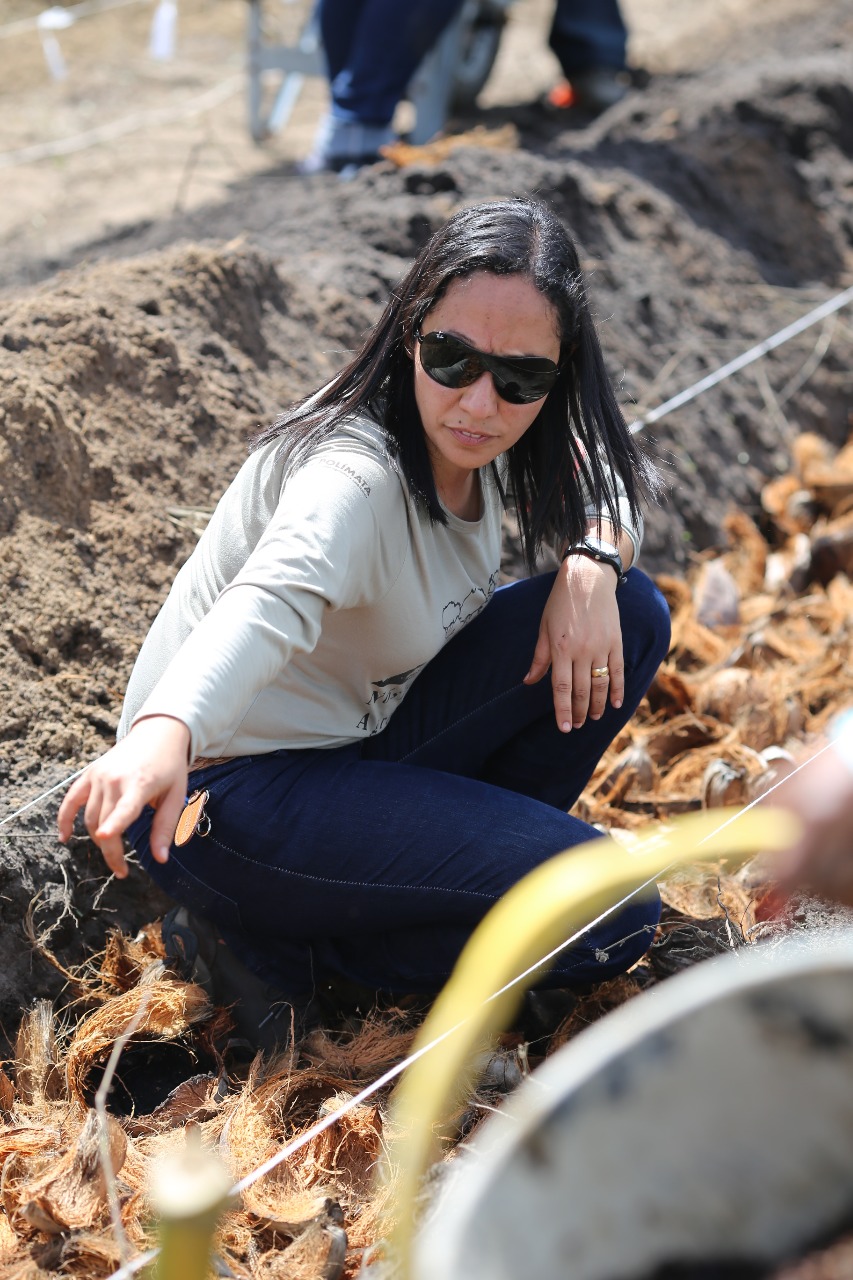::cck::817::/cck::
::introtext::
When the agronomist engineer Jeilly Vivianne, Master of ESCAS, arrived at the extreme south of Bahia, in the cities of Caravelas, Nova Viçosa and Mucuri, she found a region dominated by coal exploration. In this social sphere, alcoholism and domestic violence emerged between the consequences. “Whoever got to build the furnace lured others. The one who opened the furnace had to drink to stand the combustion sulfur, since the use of PPE was not an option. The precariousness was also in the income that included alcoholic drinks as part of the payment. There was who manage the load as well, it was like a war scenario” described Jeilly.
In this context, she took on a risk contract of eight months with the goal of transforming coal workers into agroforestry ones. It was the implantation of the Rural Territorial Development Program (Programa de Desenvolvimento Rural Territorial –PRTD), of Fibria, in the area. “We had to convince these people to plant short cycle crops, with 90 days between the plantation and the harvest. We started the talk showing the alcoholism and the health issues of the population, but they were possible to change. There was a strong pressure from the cargo agent to avoid the participation of the coal workers in the reunions” reports the agronomist engineer.
Turning Point
For Jeilly, two situations enabled the gain of the scale that currently encompass two more cities: Alcobaça and Teixeiras de Freitas (BA). “When we noticed a farmer talking to another that it worked, the reception was different.” To share this experience, Jeilly started taking the ones who still weren’t convinced about it to know the results of who had already implanted the agroforestry. “We also invited the farmers with results to some meetings, their testimonials were very important”.
The second moment was when the ex-coal workers who compromised to the change learned what could be done in the area. “We took a group to participate in an agroforestry experience, 800 km away, during a week. On the way back, there was already a transformation. Currently, we don’t need to go too far to show where they can get, we already have this reference in our territory”, Jeilly said.
Southern Cross Operation
In December 2011, the Southern Cross Operation (Operação Cruzeiro do Sul) of fighting against the production, commercialization and illegal transport of charcoal led to a break in the coal chain. “In one week, 2 thousand ovens were destroyed, agents and buyers were arrested. The coal workers had to find a new source of income and the program was an alternative. In the first year, that begun in September 2011, we operated in eight communities with 168 families. In the second year, we got to 20 communities and 420 families” the agronomist engineer said.
Results and Future
In almost nine years of the program, 50% of the ex-coal workers advanced into agroecology, among these, around 10% are already in the process of organic participatory certification by Rede Povos da Mata. “This is the future of agriculture, of food sovereignty. The farmers can pay for their children education in the city and they started to invest in their houses now. With basic livelihood ensured they can take other steps. It’s a meaningful evolution recognized by everybody. Some even recognize that they took too long to understand and to join the program, but the ones who embraced the proposal from the beginning have the results up ahead”.
Farmers tell the history of their lives transformation from coal workers to agroforestry workers: https://www.youtube.com/watch?v=yfgVAqhpsEQ&feature=youtu.be
Business in times of Covid-19
Changes in the scenario due to the pandemic accelerated some plans, like Jeilly explains. . “We planned to start working with basket deliveries in the second half of 2020, after the planting schedule, but with the suspension of fairs due the pandemic, we hasted the basket deliveries. We have more than 50 products ranging from fresh, to minimally processed and processed. We started with the delivery of 40 baskets per week on Teixeira de Freitas still in the month of April. We are already delivering baskets in other 3 cities: Alcobaça and Guaratiba/Prado (Bahia) and Nanuque (Minas Gerais).”
Jeilly Vivianne Ribeiro develops this initiative alongside with 15 direct collaborators, between employees and trainees, that works with her in Polímata Soluções Agrícolas e Ambientais – company that she found two months after her conclusion of professional master’s degree in ESCAS in Bahia. One of the Jeilly’s employee is also in ESCAS. “Dorandia Trivellin started as a trainee and stays as an employee in Polímata. She has an incredible potential and when she told me her dream was to do a master’s degree, I said ‘You are going to ESCAS.’”
::/introtext::
::fulltext::::/fulltext::
::cck::817::/cck::


